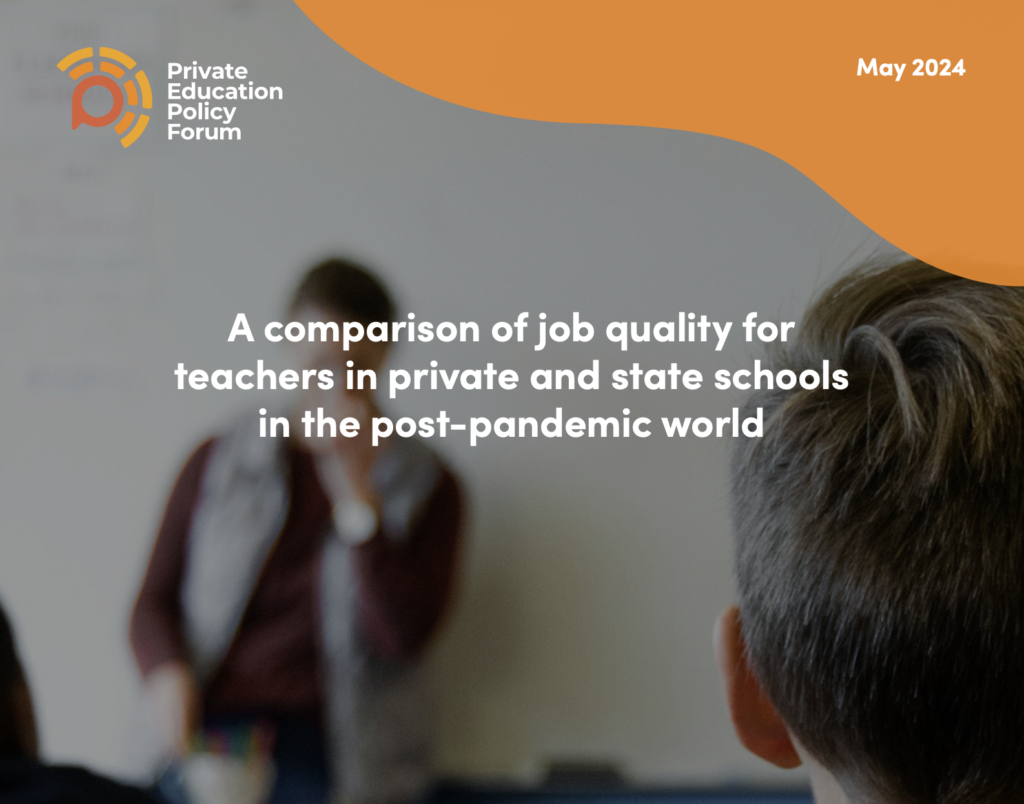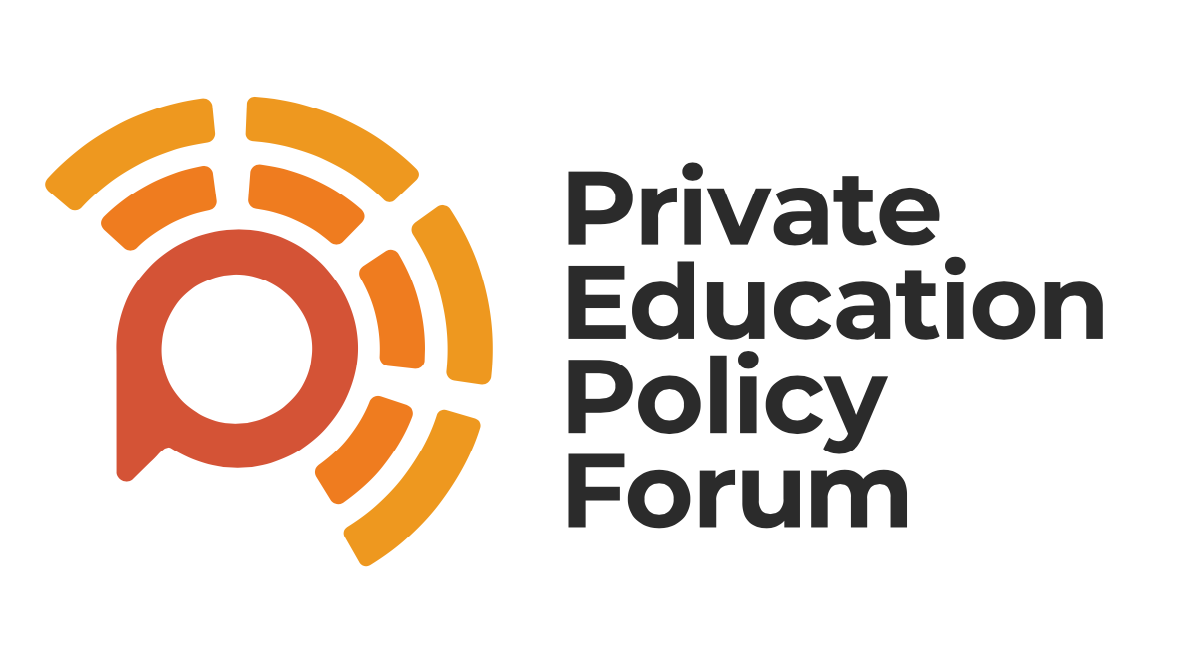
State school teachers endure poorer job quality than in private schools, but both sectors are under stress, PEPF research, published with The Times, shows.
- PEPF study in collaboration with UCL and Cardiff University shows 60% of state school teachers always come home from work exhausted, compared to just 37% of teachers at ‘top’ private schools
- State schools have lost over 15,000 teachers trained at taxpayers’ expense to private schools since 2014 in “hidden subsidy”
State school teachers in England and Wales report worse job quality than their private school peers, a new report has found.
Private Education Policy Forum (PEPF), a think tank on educational inequality, analysed over 14,000 responses to a National Education Union (NEU) survey of teachers in both sectors.
Among the key findings was the revelation that 60% of teachers in state schools say they always come home from work exhausted, compared to 37% in ‘top’ private schools and 50% in other private schools. ‘Top’ private schools are identified as those featuring in ‘The Times Parent Power 2023 Performance Guide to Schools’.
By comparison, only 18% of the non-teaching working population report coming home exhausted.
There is also a significant gap in task autonomy between the two sectors, as 78% of teachers in top private schools and 70% in other private schools reported having a great deal of choice over how to do their daily tasks. Only 60% of state school teachers said the same.
Meanwhile 86% of state school teachers reported working at very high speed at least three quarters of the time compared with 80% in private schools.
The significance of these findings is amplified by research which shows that the effect of high work intensity on job strain is greater in situations of low task autonomy.
Private school teachers also report that they have been facing challenging working conditions in recent years, especially in contrast with jobs in other professions.
One teacher said: “It’s not good, expected to do too many hours. No work-life balance, no support from senior management, no support for my mental health”.
But even fewer favourable reports about working conditions from state school teachers are recorded.
One respondent said she found teaching rewarding, but that she had to “deal with mental health and pastoral issues throughout the day”. She added “the working conditions and exhaustion make this job unsustainable for me long term”.
These conditions are likely to have contributed to the 15,000 state school teachers, trained at the taxpayers’ expense, who switched to the private school sector between 2014 and 2023.
The report notes that “the between-sector hidden subsidy implied by the switching of teachers is rarely discussed”.
The report makes the following recommendations to government and school leaders:
- Redouble efforts to manage teacher workload more effectively.
- Respect the professional ethos of teachers rather than chipping away at teacher autonomy.
- Advance working time flexibility for teachers as far as possible within the constraints of theeducation timetable.
- Government should collect and publish information on the transitions of teachers betweenthe state and private school sector, with a view to addressing imbalances and the hidden financial subsidies that they imply.
Francis Green, PEPF co-founder and a professor at UCL Institute of Education, and author of the report, said:
“The government has been warned over and over about the exhausting working conditions faced by all teachers but keeps failing to properly act. Sticking-plaster policies will not cut it. Now, our research shows that those working at state schools face especially exhausting conditions compared to those in private schools. It means the long-term failure to improve poorer working conditions in state schools is exacerbating the many gaps between the state and private sector, to the detriment of the 93% of children in the state-funded sector.
“But education leaders in both sectors also need to ask themselves if they are doing everything they can to support and trust their staff. Teachers in private schools report being exhausted at much higher rates than the general working population – as well as being stressed by sector leaders’ decisions to exit the Teacher Pension Scheme despite rising fees.
“Government may also wish to think about the use of taxpayer money on training teachers for state schools, only to lose some of those teachers to the private school sector, which only a fraction of families can afford.
“The education secretary and education leaders must finally grapple properly with the problem of poor working conditions in schools, and devote greater energy and resources to significantly reducing workload, teacher autonomy, and monitoring transitions. Only in doing so can teachers be helped to flourish in their sector and profession, where the nation’s children badly need them.”
This research was published as part of a wider article in The Times here.



